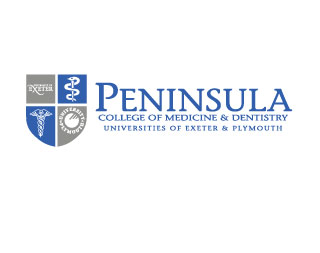
Experts collected a unique sample of pancreas specimens from patients who died immediately after being detected with type 1 diabetes in order to reveal their response to the damage by inducing small cells to multiply. These findings are of great significance because until now it was believed that beta cells in humans multiply only after the first year of life and that they do not multiply frequently. It was also believed that these cells do not multiply after a patient is detected with type 1 diabetes.
Scientists observed the same pancreas specimens and identified that some cases of type 1 diabetes may have a viral cause. This study highlights that there is a 10-fold increase small cell imitation in patients who were recently diagnosed with type 1 diabetes. Professor Adrian Bone from the University of Brighton observed similar instances in an animal model of type 1 diabetes. However it was not known if advance β-cell imitation occurs in human patients as well. It is still not identified as to what stimulates the imitation process in patients with type 1 diabetes even though the study shows an association with the permeation of immune cells.
Professor Noel Morgan, Director of the Institute of Biomedical and Clinical Sciences at the Peninsula Medical School, commented: “Our findings are significant because they challenge current thinking and offer the hope that, at some point in the future, a therapy could be developed that would allow individuals who are developing type 1 diabetes to retain their own insulin. We are a long way from this point, but the first steps have been taken with this research.â€
He added: “We could not have come to our current conclusions without access to the unique collection of pancreas specimens from patients who died soon after being diagnosed with type 1 diabetes, which was collected by our colleague Dr. Alan Foulis from the Department of Pathology at Glasgow Royal Infirmary. The specimens are allowing us to investigate the cellular processes that occur in the beta cells of people with type 1 diabetes in a way that has not been possible before.â€
Efforts to halt and reverse the start of type 1 diabetes are an important part of JDRF’s objective to cure, treat and prevent the disease and its complications. Though these findings are at their initial stage however in the future they may be beneficial to patients who are detected with type1 diabetes shares Karen Addington, CEO at JDRF. They may encourage beta cells of patients who are recently diagnosed with the disease to reproduce in order to compensate for those being destroyed by the disease. Such therapy may help patients produce their own insulin for a longer period which may replace the need for pharmaceutical interventions.
This study is published on-line at Diabetologia.
